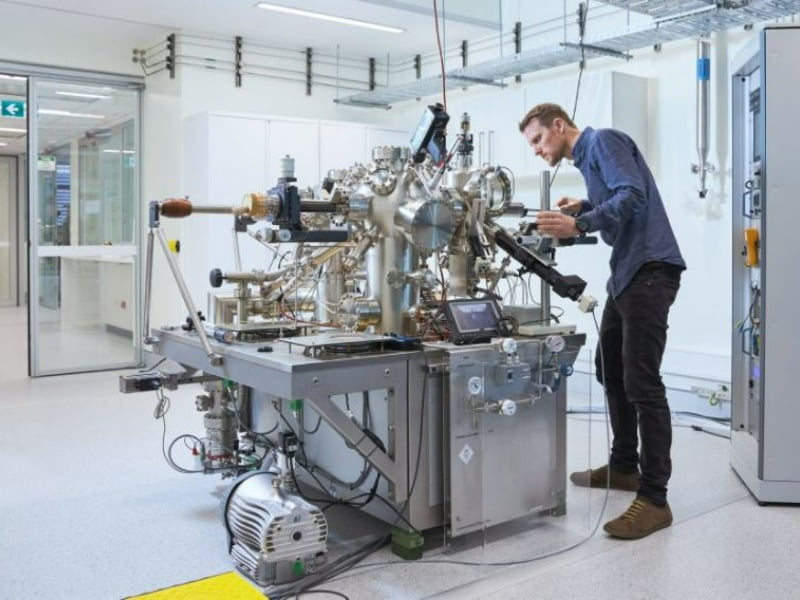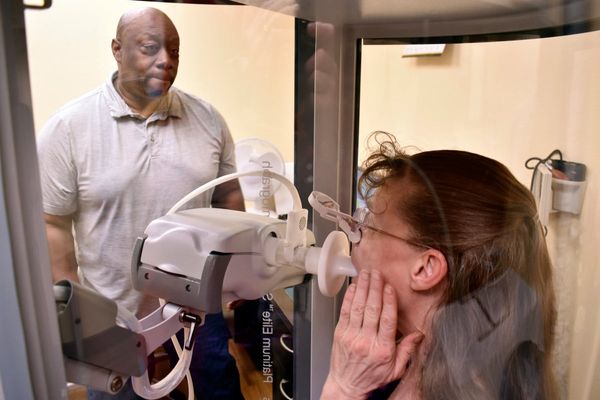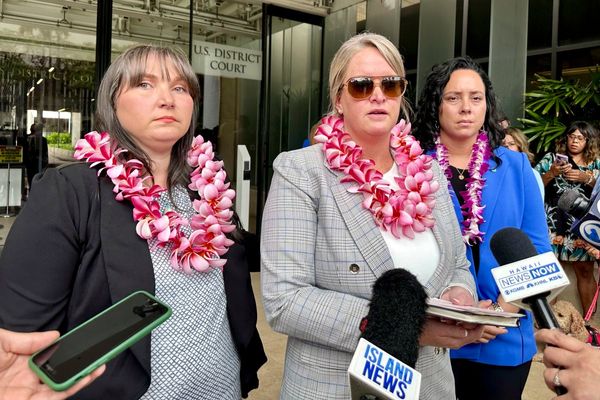Research assessment practices in Australia are being examined by the Australian Council of Learned Academies on behalf of the Chief Scientist, which is preparing a report that considers the translation of individual researchers’ impact across academia, industry, and the public service.
Other areas that Australia’s Chief Scientist Dr Cathy Foley is seeking insight into is the impact of research assessment practices on the diversity of Australia’s research workforce, and how it shapes research quality, outputs and impact.
The survey, which closed on Friday, is investigating how research assessment practices can affect the behaviour of researchers and career progression across academia, government, publicly funded research agencies, and industry. It received more than 2,000 responses
Research assessment practices are defined as the “methods used to evaluate the quality and impact of research”. Some uses of these metrics include determining awards of excellence, promotions, and ensuring there are clear STEM career pathways.
The Academy of Social Sciences in Australia (ASSA) provided support on the survey methodology and will support analysis of the survey findings. ACOLA was awarded a $385,000 contract with the Department of Industry, Science, and Resources for professional advice work between March and September 2023, following a tender process.
A Department spokesperson said the contract remains open as the project is ongoing.

One concern about existing research assessment practices include the current heavy focus on citations, which could disincentivise researchers from moving back into academia if they have taken on an industry role for a significant period.
Similarly, research assessment practices do not currently take into account the value of impactful policy work that a researcher may have performed during a stint in the public sector.
Broadening research assessments practices could place a greater emphasis on work done peer reviewing, success in receiving ethics approval, and how well graduate students are treated.
The five objectives of the survey are to ensure research assessment practices:
- Recognises the valuable and essential contribution of the range of research activities, including mentorship, outreach, team science, innovation and commercialisation-
- Supports a diverse research workforce
- Facilitates researcher mobility between research, industry and government, adequately recognising time spent working in industry or with industry partners
- Accurately recognises research quality and research excellence, while supporting research integrity
- Provides the right incentives for researchers and institutions to engage in high quality research, development and innovation
The Australian Council of Learned Academies’ (ACOLA) work is being led by an 11 member Expert Working Group, chaired by University of New South Wales emeritus professor in psychology Kevin McConkey. The members of the expert working group were selected by ACOLA in consultation with Dr Foley.
The survey’s final report will provide analysis and insights, including a complementary literature review, and is due to be submitted to the Chief Scientist in August. ACOLA will not provide recommendations for policy reform.
Dr Foley will then provide advice to Industry minister Ed Husic on how to modernise research assessment practices in Australia.
The need to undertake an investigation into research assessment practices in Australia was first identified by the former Department of Industry, Science, Energy, and Resources as part of the work undertaken on the March 2022 budget.
ACOLA chief executive Ryan Winn, who is supporting project management, told InnovationAus.com that the survey will produce a unique data set. It has received responses from a diverse set of people across disciplines, careers stages, and sectors.
“There’s been a lot of commentary and concern about research metrics in Australia, but this is probably the first proper work, funded by government particularly, that has looked at this and how they impact individual researchers,” Mr Winn said.
“Australia has undertaken work around impact at an organisation level, at a field of research level, but not at the individual research level.
“It’s a great credit for the Commonwealth to actually look at this and in the context of the University Accords and the review of the Australian Research Council, and all these other processes going on, it’s the right time to be asking this question as well.”
The member organisations of ACOLA are ASSA, the Australian Academy of Science, the Australian Academy of Technological Sciences and Engineering, the Australian Academy of the Humanities, and the Australian Academy of Health and Medical Science.
Editor’s note: This story has been updated to include additional details on the contract between the







